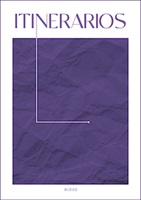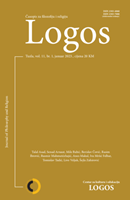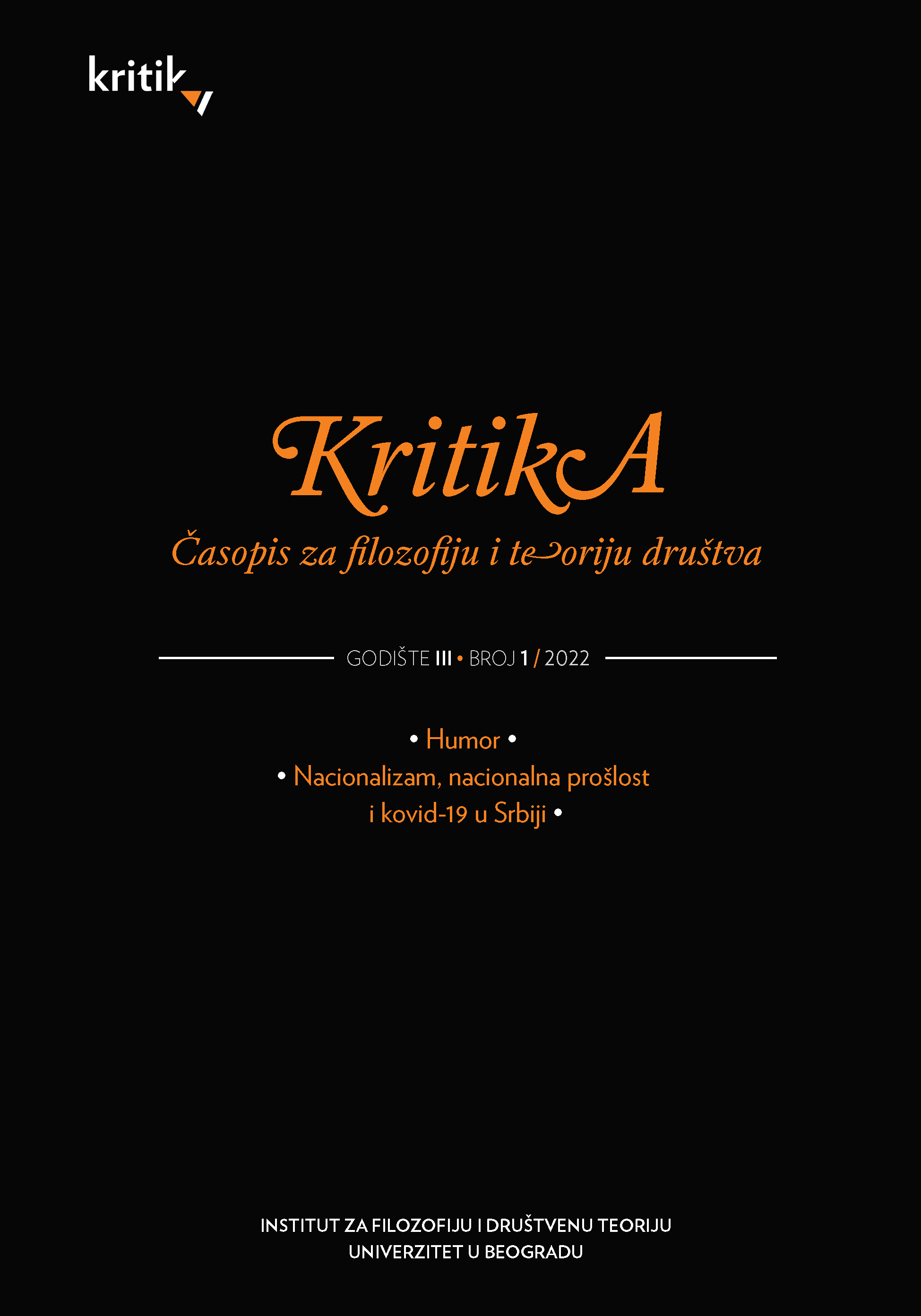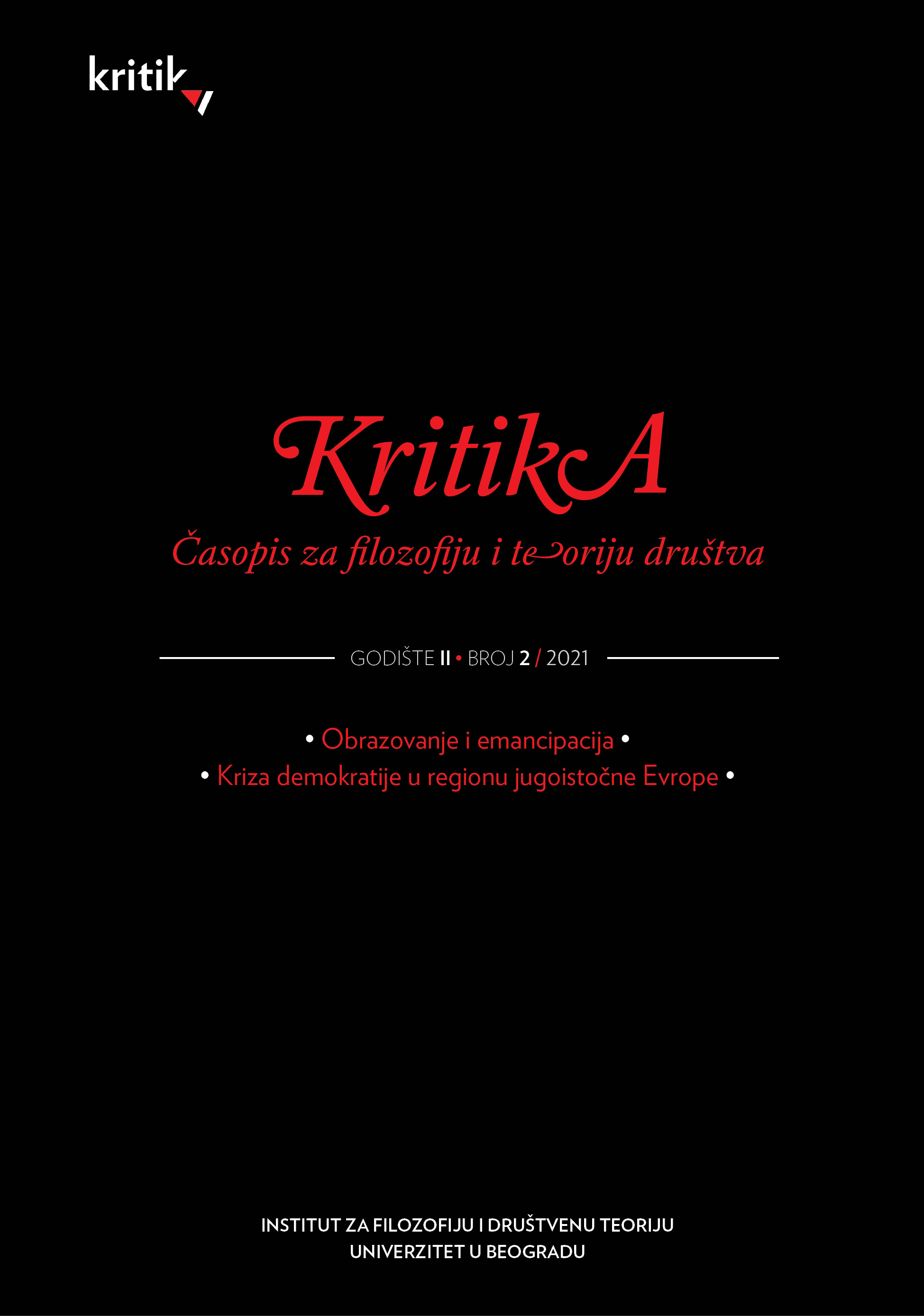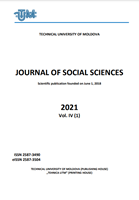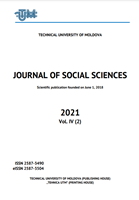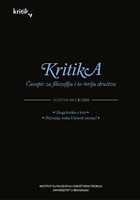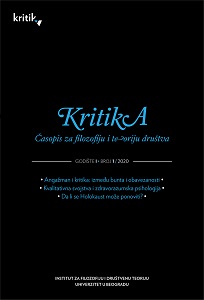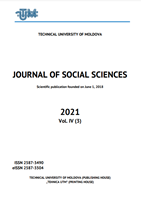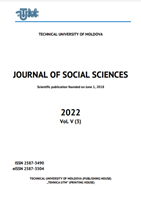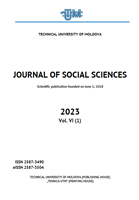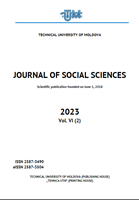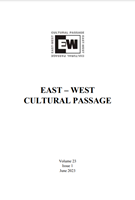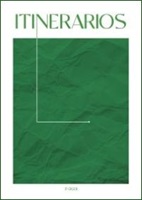
Los simbolismos de los numerales en el "tonalpohualli" centromexicano
This article deals with the divinatory calendar of 260 days called tonalpohualli, formed by 20 signs and 13 numerals, as used in Central Mexico at the time of the Spanish conquest. An analysis of almanacs in some codices of the so-called Borgia Group demonstrates that the generating principle of their symbolisms was that of the succession of the days within a system based on the omnipresence of the number “four”, associated with a movement from right to left that designated and recreated the movement of the sun. Th e examples of “one”, “fi ve”, “nine” and “thirteen” show that the symbolism of the deities that reigned over various periods of time went hand in hand with the order of the numerals that qualifi ed them in the tonalpohualli.
More...
